Cornrows hold spiritual symbolism in various African cultures, representing social identity, spirituality, and cultural heritage. The intricate patterns are believed to convey one’s connection to their ancestors, community, and the divine. The close-to-scalp weaving is thought to create a path for spiritual energy and is often associated with rites of passage. Additionally, cornrows can symbolize strength, unity, and the interwoven nature of life. The practice of styling and adorning hair in this way transcends aesthetics, carrying deep spiritual significance in the cultural fabric of many African communities.

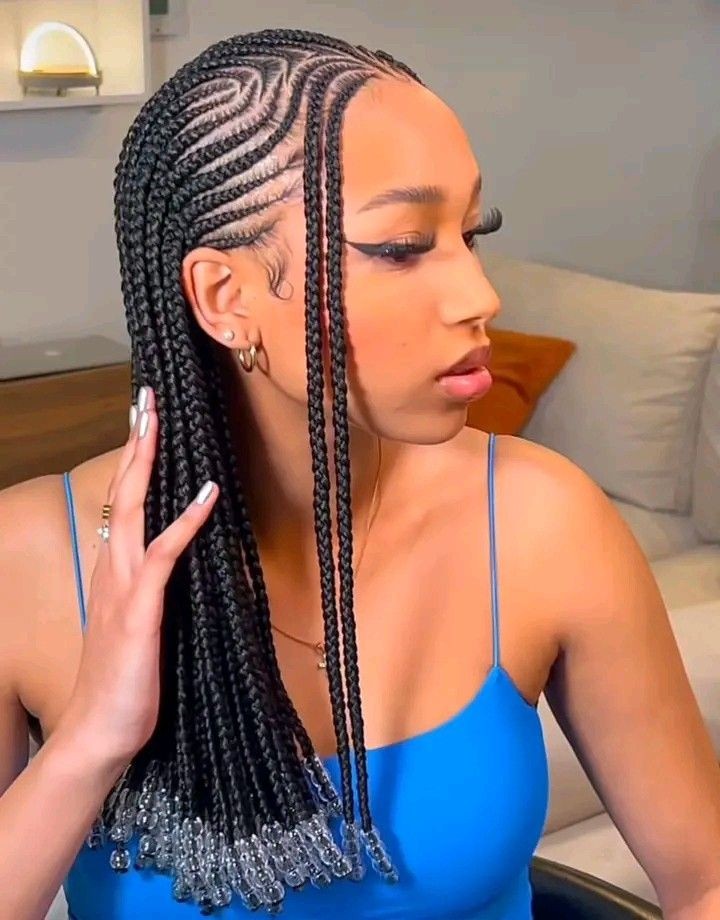
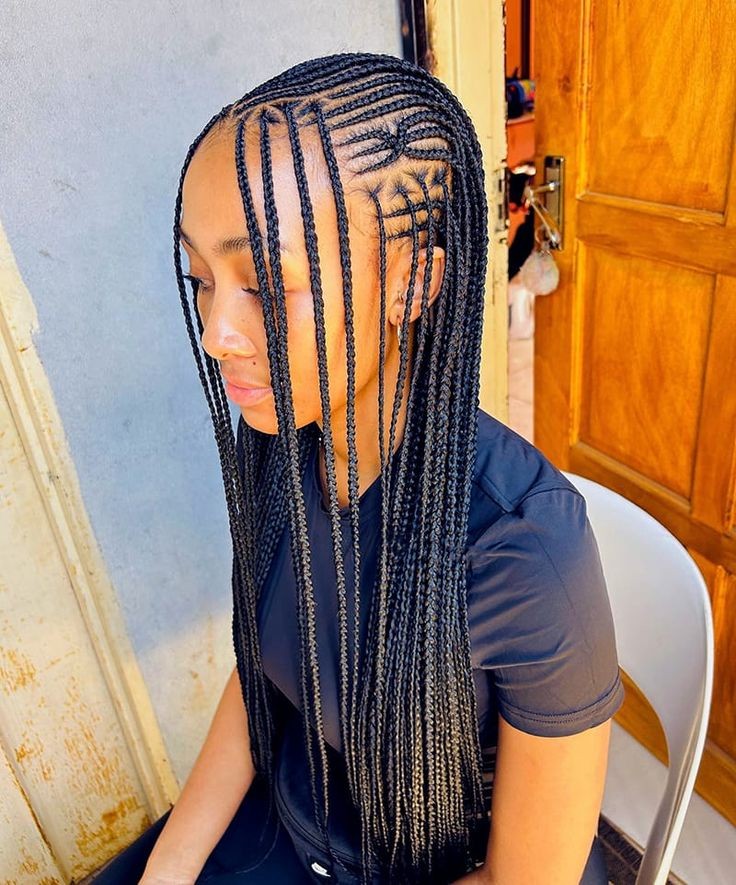

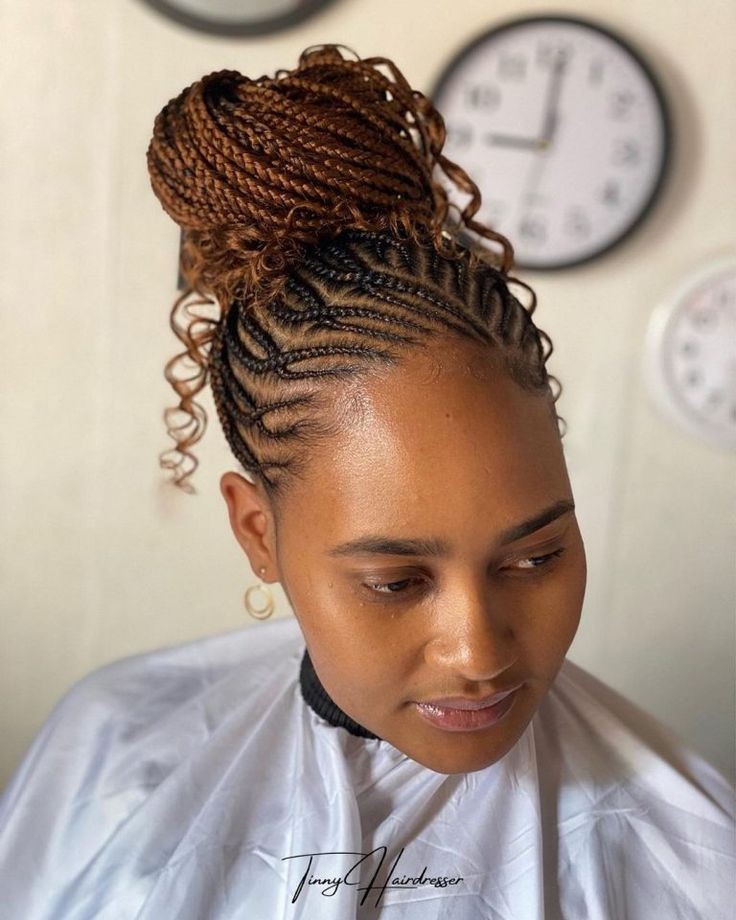

Cornrows, a traditional African hairstyle, have become increasingly popular in recent years due to their versatility and unique cultural significance. While many may view cornrows as simply a fashion statement, there is a deeper spiritual symbolism behind this intricate braiding technique. Originating in ancient African civilizations, cornrows were not only a means of grooming but also held spiritual significance.

In this article, we will delve into the spiritual symbolism of cornrows and explore the deeper meaning behind this cherished hairstyle. From its representation of community and connection to its ties to spirituality and ancestral worship, cornrows hold a rich history that continues to be passed down through generations. Join us as we uncover the spiritual symbolism of cornrows and gain a deeper understanding and appreciation for this beloved hairstyle.
Cornrows spiritual meaning
Cornrows, a traditional African hairstyle, hold cultural and spiritual significance. Beyond their aesthetic appeal, cornrows can symbolize social status, spirituality, and identity within African communities. The intricate braiding patterns can convey cultural heritage, personal beliefs, and even serve as a form of communication. In some instances, cornrows may be linked to spiritual practices, representing a connection to one’s roots and the divine. Overall, cornrows carry multifaceted meanings, intertwining the physical, cultural, and spiritual aspects of individuals and communitie

Braids symbolism Africa
Braids in Africa symbolize cultural identity, social status, and personal expression. Different braid styles can convey tribal affiliations, age, marital status, and even religious beliefs. Beyond aesthetics, braids often serve as a form of storytelling, preserving cultural heritage and passing down traditions through intricate patterns and designs. In some regions, specific braiding styles may have spiritual significance, connecting individuals to their ancestors or reflecting sacred rituals. Overall, braids hold deep symbolic meaning in Africa, reflecting the rich tapestry of cultures and traditions across the continent.

Ancient origins of cornrow hairstyles
Cornrow hairstyles have a rich history that dates back thousands of years, originating in various regions across the African continent. These intricate braided styles were not only a means of cultural expression but also served practical purposes in maintaining hair hygiene and managing the diverse textures of African hair. Historically, cornrows were prevalent among different African tribes, where they were used to signify social status, age, marital status, and even tribal affiliation.




The meticulous braiding techniques used in cornrows were passed down through generations, with each style holding its own significance within the community. Today, cornrows continue to be celebrated as a beautiful and enduring symbol of African heritage and cultural identity.
Significance of intricate braiding technique
The intricate braiding technique used in cornrows holds great significance beyond its aesthetic appeal. This elaborate method of interweaving the hair strands not only showcases the skill and artistry of the braider but also carries cultural and personal meaning for those who wear them. The precision and attention to detail required in creating cornrows reflect the values of patience, perseverance, and dedication within African cultures.

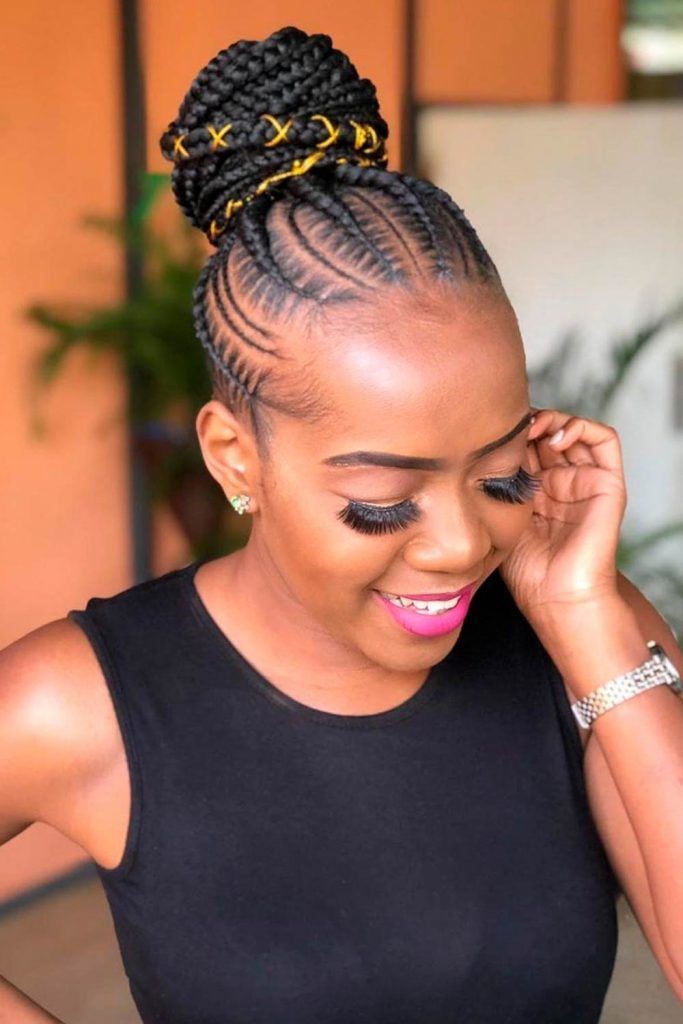


Additionally, the act of braiding itself can be a therapeutic and meditative process, allowing individuals to connect with their roots and honor their heritage. Furthermore, cornrows serve as a practical hairstyle that can protect the hair from damage and breakage, promoting healthy hair growth. Overall, the intricate braiding technique of cornrows embodies the resilience, cultural pride, and self-expression of individuals embracing their African heritage.
Symbolic representation of ancestral roots
The spiritual symbolism of cornrows extends to their symbolic representation of ancestral roots. By intricately braiding the hair in cornrows, individuals are not only showcasing their cultural pride but also paying homage to their ancestors and their rich heritage. The process of braiding the hair in this manner can be seen as a way of connecting with the past and honoring the traditions and values that have been passed down through generations.




The deliberate and precise nature of creating cornrows mirrors the attention and care that our ancestors put into preserving their culture and passing it down to future generations. Through the symbolic representation of ancestral roots, cornrows serve as a powerful reminder of the strength, resilience, and enduring legacy of African heritage.
Cultural significance of cornrows today
Today, cornrows continue to hold significant cultural importance within African communities and have also gained widespread acceptance and appreciation in mainstream culture. These intricate braided hairstyles have become a symbol of African identity, resilience, and pride. Cornrows have transcended beyond their cultural origins and have been embraced as a fashionable and versatile hairstyle by people of different backgrounds.

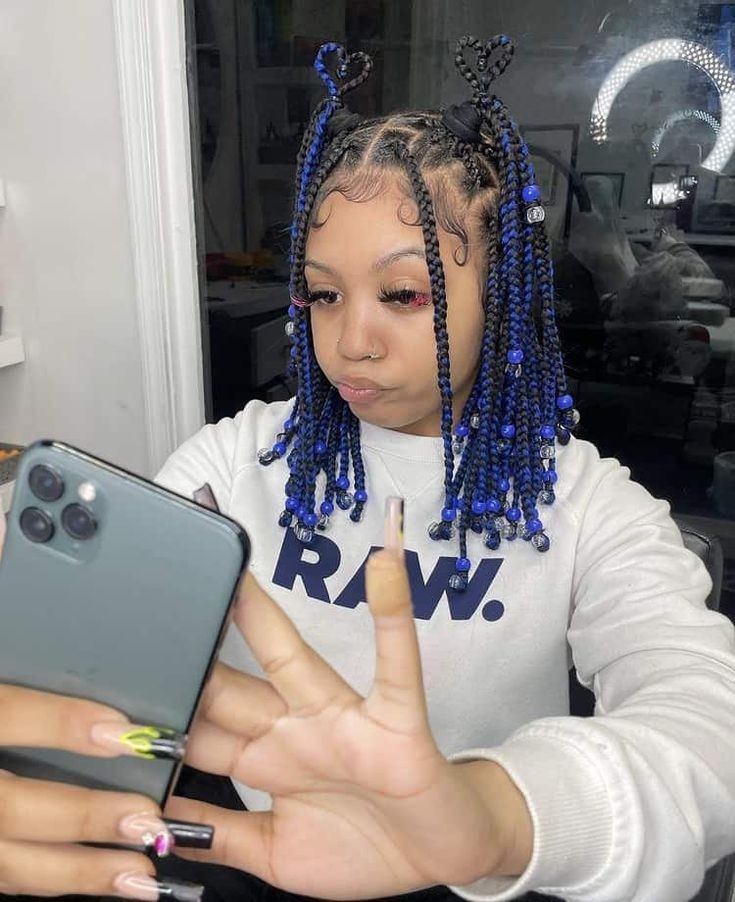
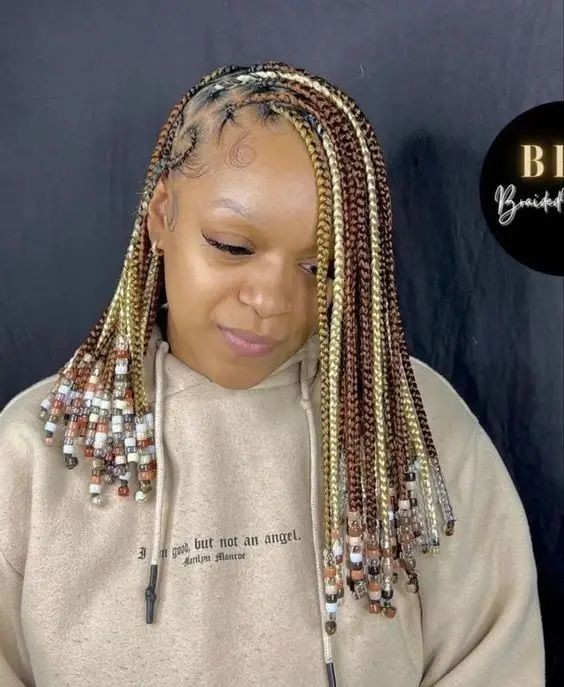

Their popularity can be seen on fashion runways, red carpets, and in various forms of media. By wearing cornrows, individuals are not only expressing their personal style but also showcasing a connection to a rich cultural heritage that is celebrated and admired. The cultural significance of cornrows today lies in their ability to serve as a visual representation of diversity, inclusivity, and the beauty of embracing different cultural traditions.
Connection to African spirituality
Cornrows, with their deep historical roots in African culture, hold a profound connection to African spirituality. Within African spiritual practices, hair is often seen as a powerful conduit for spiritual energy and a means of communication with the spiritual realm. The intricate braiding techniques used in cornrows are believed to create channels for this spiritual energy to flow, enhancing one’s connection to the divine. In many African spiritual traditions, hair is considered sacred and is often adorned with symbolic elements such as beads or shells, which further enhance its spiritual significance.

By wearing cornrows, individuals not only showcase their appreciation for African culture but also demonstrate a reverence for the spiritual traditions that have been passed down through generations. It is a way of embracing and honoring the spirituality that is deeply intertwined with African heritage.
Protective and spiritual purpose
Cornrows serve a dual purpose of protection and spirituality within the context of African culture. Beyond their aesthetic appeal, cornrows are known for their practicality in protecting the hair from damage, tangles, and breakage. The tightly braided pattern of cornrows helps to keep the hair secure and close to the scalp, reducing the risk of hair loss and promoting healthy hair growth.

This protective aspect of cornrows not only safeguards the physical well-being of individuals but also symbolizes a deeper spiritual protection. It is believed that the intricate braiding pattern creates a shield against negative energy and spiritual disturbances, serving as a form of spiritual armor. By adorning cornrows, individuals not only express their commitment to personal protection but also embody a spiritual connection and alignment with higher powers.
Reflecting on African history
Throughout history, Africa has been a cradle of civilization, with a rich and diverse cultural heritage. Reflecting on African history allows us to appreciate the immense contributions and achievements of African civilizations that have shaped the course of human development. From the ancient kingdoms of Egypt and Mali to the vibrant empires of Ghana and Songhai, African history is replete with stories of innovation, trade, intellectual pursuits, and artistic expressions. It is through this reflection that we gain a deeper understanding of Africa’s role in advancing knowledge, science, and technology, as well as its significant contributions to literature, art, and philosophy.
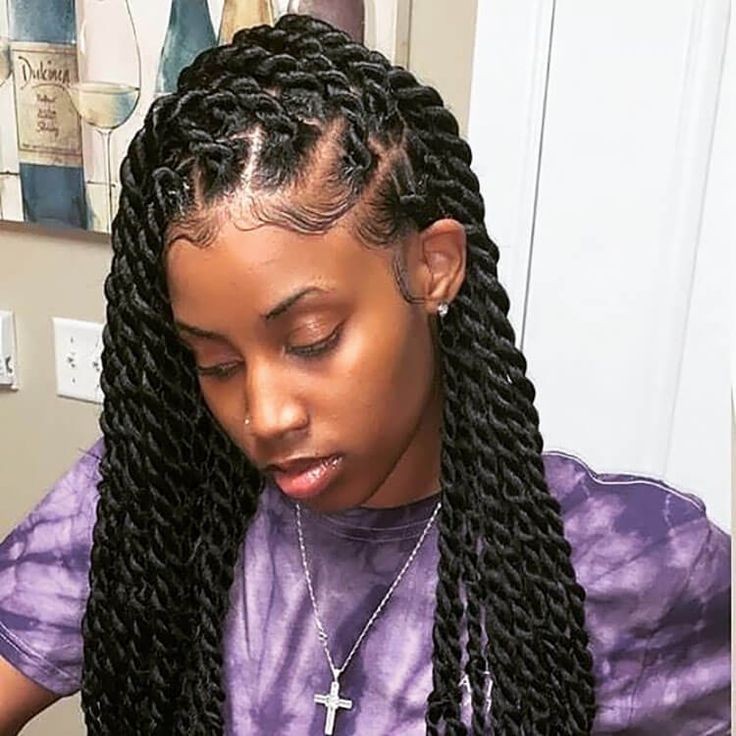

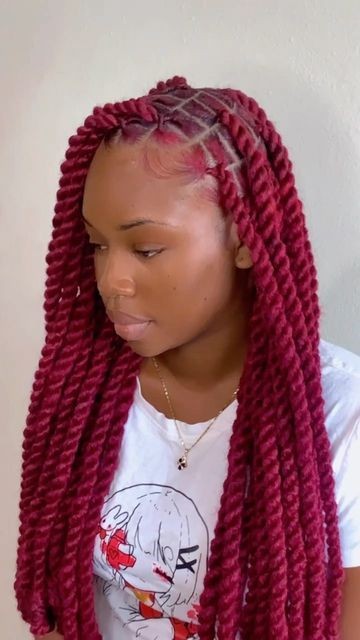

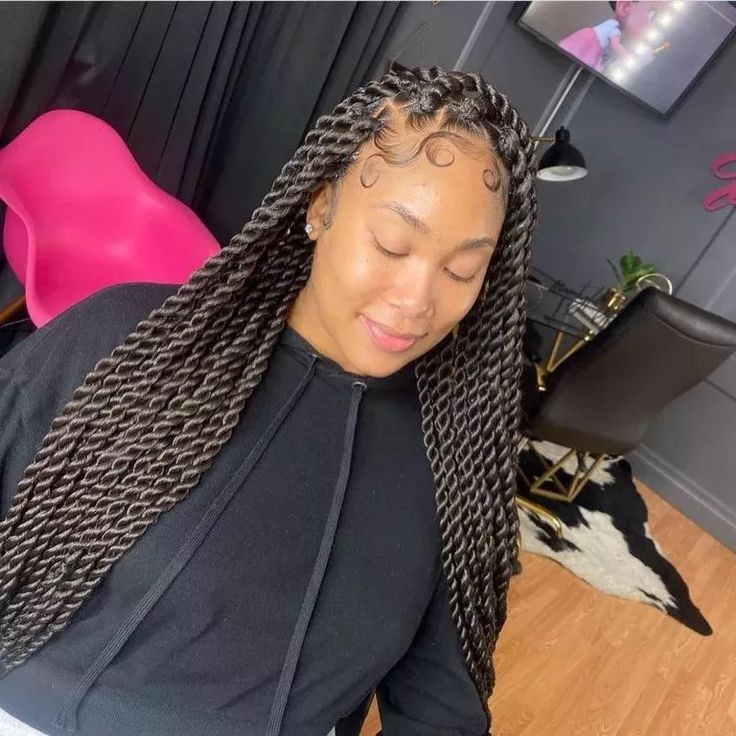

Examining African history prompts us to challenge the dominant narratives and stereotypes that have often marginalized the continent, and to recognize the profound impact African civilizations have had on global history and culture. By acknowledging and honoring Africa’s historical achievements, we foster a greater appreciation for the continent’s diverse cultures and inspire a sense of pride and unity among African peoples and the global community.
Celebrating diversity and identity
Africa’s rich cultural heritage gives us an opportunity to celebrate the diversity and unique identities that exist within the continent. From the vibrant traditions of clothing, music, and dance to the diverse languages and belief systems, Africa offers a tapestry of cultures that deserve recognition and appreciation.








Embracing this diversity not only promotes inclusivity, but also fosters a sense of unity and understanding among people from different backgrounds. By celebrating diversity and identity, we can create a more inclusive and harmonious society where everyone feels valued and respected for their unique contributions. This recognition of diversity allows us to embrace the beauty of different cultures and promotes a global perspective that appreciates the richness of human experiences.
Honoring traditional braiding methods
Throughout history, braiding has been an integral part of many African cultures, serving not only as a practical means of hairstyling but also as an expression of cultural identity and artistic skill. Honoring traditional braiding methods is a way to pay homage to the ancestral techniques that have been passed down from generation to generation.
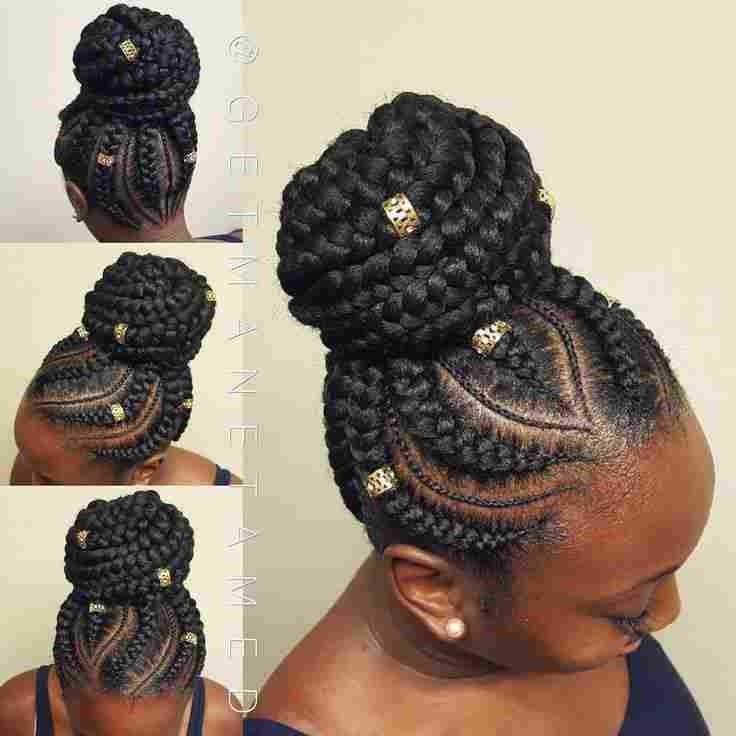

By preserving and promoting these methods, we ensure that the cultural heritage and craftsmanship associated with braiding are cherished and respected. Additionally, embracing traditional braiding methods allows us to appreciate the intricate patterns and meticulous detailing that make each braid unique and visually stunning. The artistry and skill involved in braiding further highlight the importance of preserving these traditional techniques as a testament to the rich cultural heritage of Africa.
Embracing the power of hair
Hair is not just a physical trait, but a powerful symbol of self-expression and identity. It has the ability to reflect our personal style, cultural heritage, and individuality. By embracing the power of our hair, we embrace our own unique beauty and celebrate the diversity that exists within the world.








Through different hairstyles, we can convey messages, express our creativity, and make statements about who we are. Whether it’s through braids, curls, or any other style, our hair has the capacity to empower us and ignite a sense of confidence. It is a reminder that we are not defined by societal standards, but rather by our own choices and self-acceptance. By celebrating and embracing the power of our hair, we honor our roots and acknowledge the importance of embracing our authentic selves.


In conclusion, cornrows hold a deep spiritual symbolism within various cultures and communities. They serve as a representation of strength, unity, and connection to one’s ancestors and heritage. As the popularity of cornrows continues to rise, it is important to acknowledge and honor the sacred origins and significance behind this hairstyle. Whether worn as a fashion statement or a spiritual expression, cornrows will continue to hold a special place in the hearts and minds of those who embrace their cultural significance.










